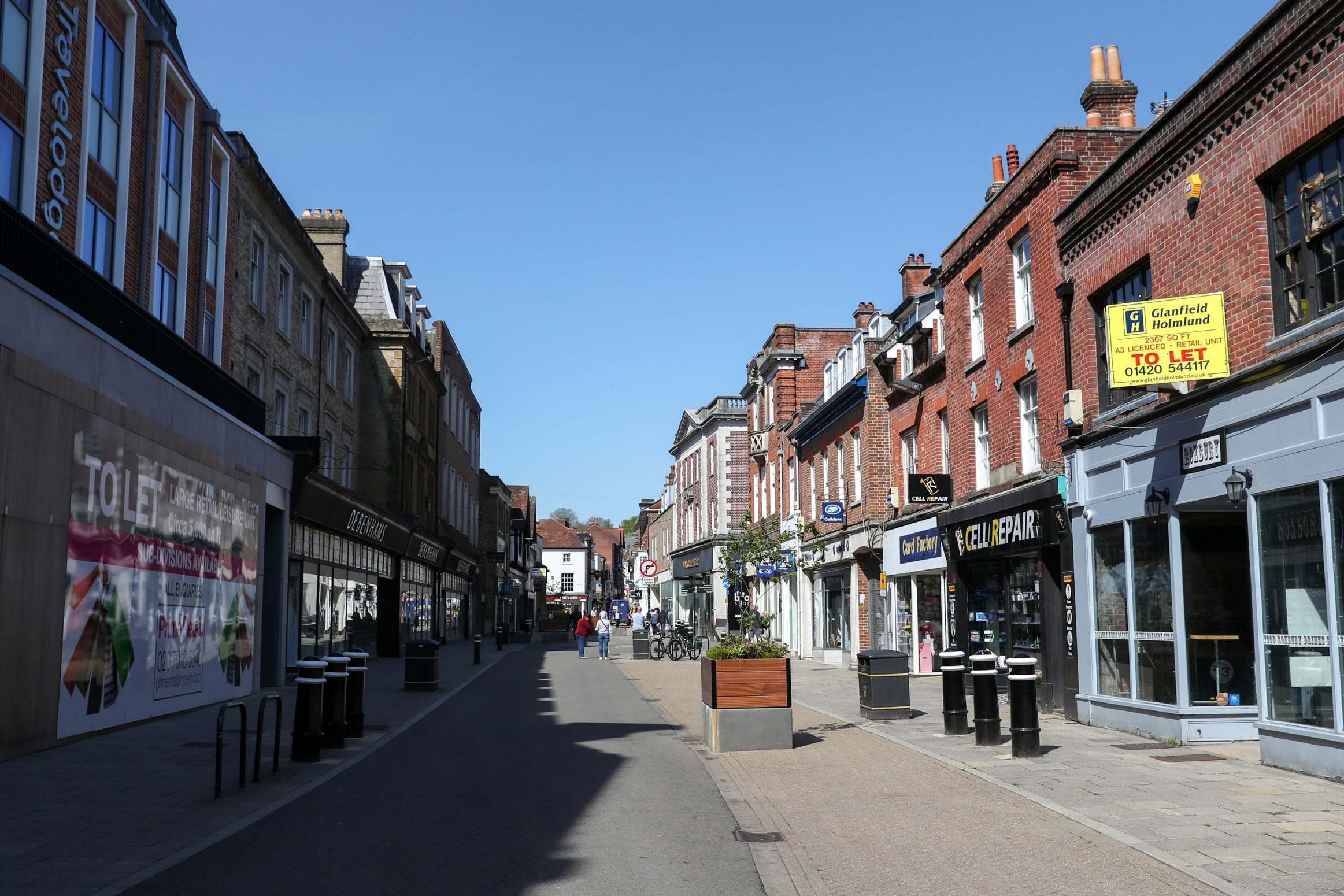Why recovery from a global coronavirus recession will be determined by the people – not governments
The shutdown has made people realise what they really value and what is froth. It may well lead to the sort of spending habits we need for sustained economic recuperation, Hamish McRae says


The opening up has begun. Across the world, governments are giving instructions as to what we should do and deciding how long they can go on pumping money into their economies. Businesses are mostly trying to figure out how many staff to keep on once the support ebbs – although some, such as the online retailers, are frantically trying to meet booming demand.
Government and business will not be the most important in determining how quick the recovery is, however. It will be us. Consumers will decide whether this will be a reasonably swift pull-out from recession, or a long, slow slog, and we will determine with our cash how it plays out – or, rather, with our credit and debit cards because physical cash has been one of the casualties of Covid-19.
So far, two things have happened to our spending. There has been an overall reduction that varies from country to country but typically has been a 10-15 per cent decline. And there has been a radical shift in the pattern of sales, with a surge in spending on things for the home. Unsurprisingly, the market reflects demand. I am told that in America the price of little plastic paddling pools has shot up from $60 (£49) to $140.
Of course, you are not really buying just a paddling pool. You are buying the experience of romping in a pool for your cooped-up kids when the playground is shut. That leads to the key question: how much of the change in the social habits forced on us by the lockdown will stick? The answer to that will determine the nature of the recovery.
Step back a second; the response of the authorities matters too. The Brookings Institution in Washington DC has just produced a thoughtful paper titled Reopening America and the World. The core message is that if done properly, “reopening efforts can set the conditions for a more fair, just, and comprehensive recovery that embraces real reform and engenders a visionary re-imagining of America and global society”.
Brookings’ argument is that the US can use the recovery to nudge society to tackle the inequalities of its economic system and emerge with something that works better for all. That message surely applies to other countries, including the UK.
But this is not only about policies, or even mostly about policies; it is also about people. I suspect that quite a lot of the changes we have made in our daily habits will stick. We will probably keep having goods delivered, but we will also use local shops more. We will want quality, not quantity. We will carry on cooking (and, ahem, drinking) more at home, and when we go out for a meal we will value the occasion more.
If you are running one of Britain’s 47,000 pubs that have been shut since 20 March, this might seem a dismal prospect. The two-metre rule does put rather a dampener on what is supposed to be fun. Even if pubs do open next month as apparently planned, it will be very hard for most of them to make a living under these circumstances. But there is also the “use it or lose it” rule. Assuming some common sense on the part of the authorities, and assuming we are prepared to pay a bit more for the service, it should be possible to keep most of the sector going.
The broader point here, and this applies on both sides of the Atlantic, is that the shutdown has made people realise what they really value, and what is froth. There is nothing like clearing out the attic to make us realise we have a lot of stuff we don’t really need, and nothing like not being able to have a meal out with our friends for us to realise what really gives us all pleasure.
If this is right, then does this suggest a slower recovery? After all, the faster we spend the faster the economy recovers. Well, it may mean that growth will return more slowly through the autumn and winter than it would were we all to go on a splurge, but it will also mean the recovery will be more solid and more sustained. That, surely, will be better for all.
Join our commenting forum
Join thought-provoking conversations, follow other Independent readers and see their replies
Comments